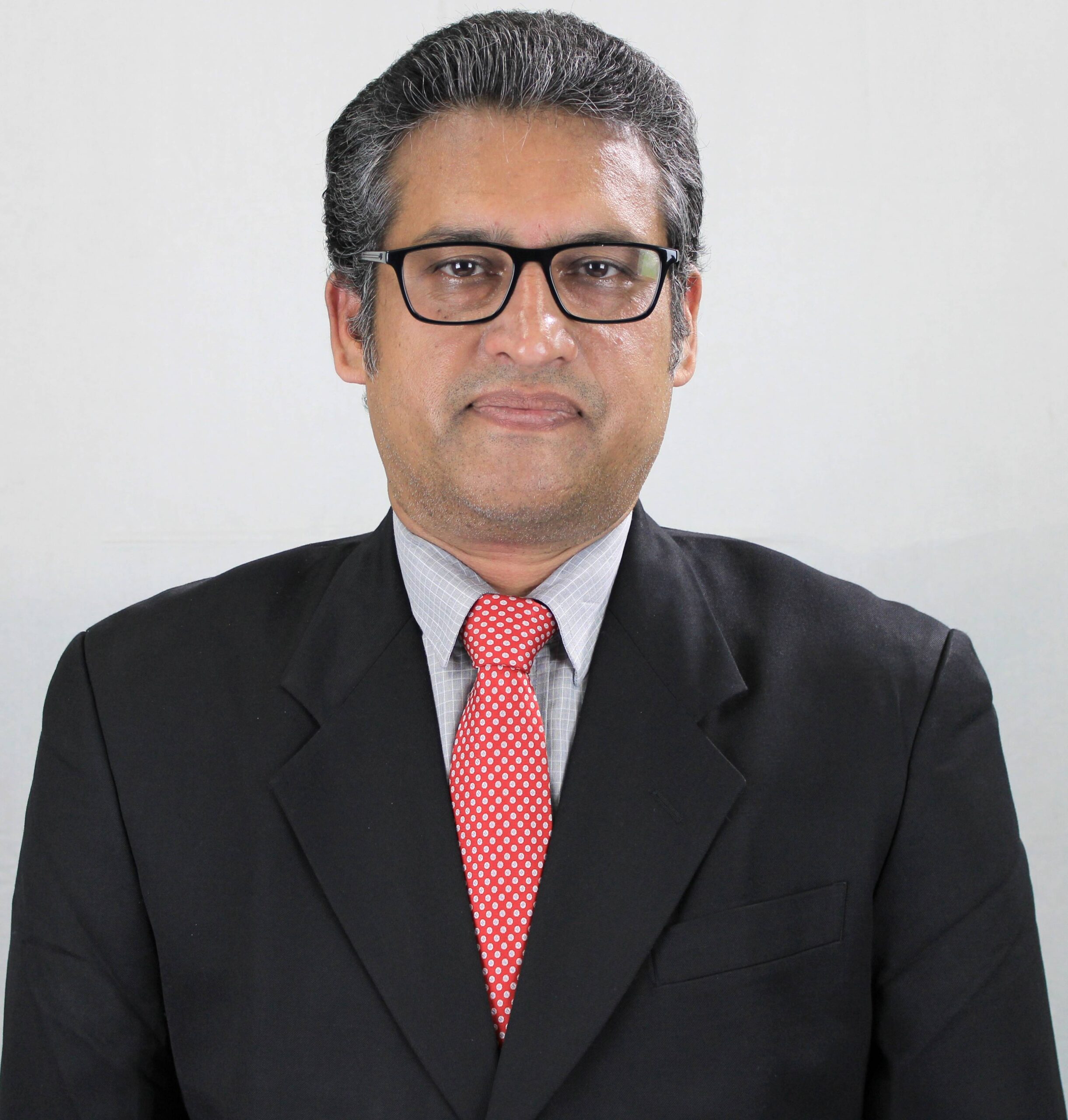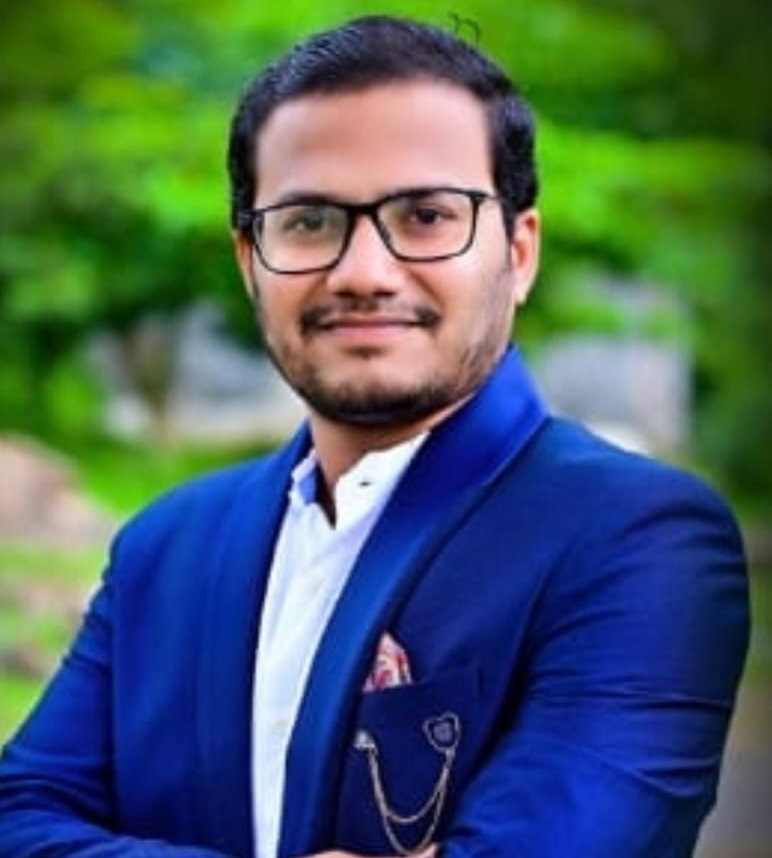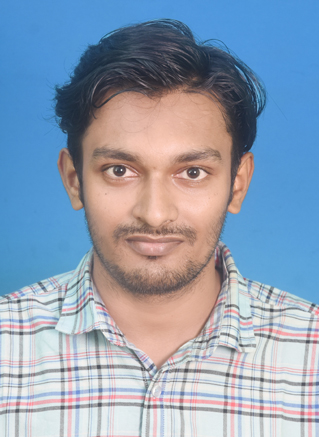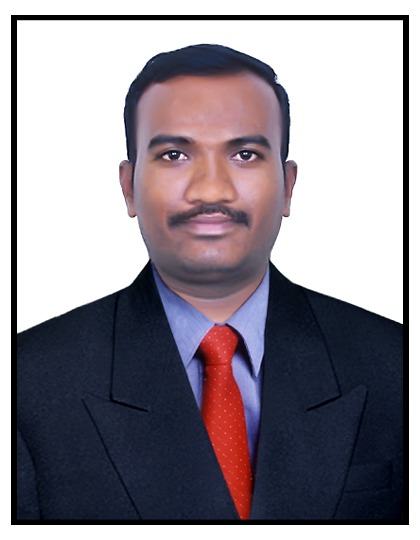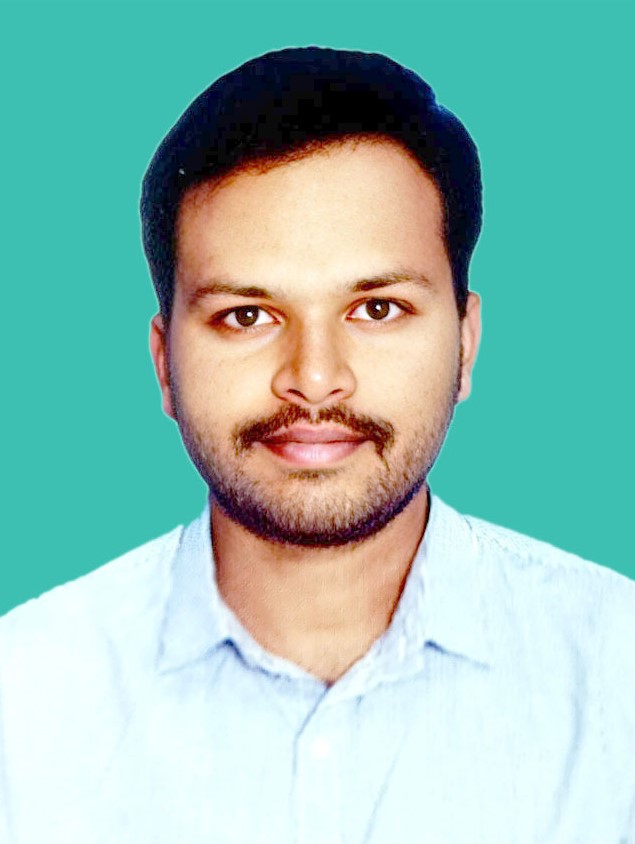The Centurion School of Smart Agriculture

Dr. D J M S N K Sri Veda
Associate Dean
Dr. D. J. M. S. N. K. Sri Veda, Ph.D. (Seed Science & Technology), currently serves as Assistant Professor and Associate Dean at the Centurion School of Smart Agriculture, Centurion University of Technology and Management (CUTM), Vizianagaram, Andhra Pradesh. An emerging scholar in the field of agricultural sciences, Dr. Sri Veda has dedicated his academic and research career to advancing Seed Science and Technology, with a particular focus on Seed Priming, Reproductive Phenology, Pollen studies, and innovative approaches to crop improvement.
He began his academic journey with a Bachelor of Science in Agriculture from Acharya N. G. Ranga Agricultural University, one of India’s most reputed agricultural institutions. He pursued his Master’s and Doctoral degrees in Seed Science & Technology from the Bidhan Chandra Krishi Vishwavidyalaya (BCKV), West Bengal.
At CUTM, Dr. Sri Veda plays a dual role, contributing both as an academic front-runner and as a research innovator. As Associate Dean, he is actively engaged in academic administration, curriculum development, and student mentorship, with a vision to shape the next generation of agricultural scientists. As an Assistant Professor, he teaches core and skill courses in Seed Science and Technology, integrating modern pedagogical methods and applied research outcomes to make classroom teaching highly relevant to real-world agricultural challenges. In addition to his academic contributions, he is also actively involved in paddy seed production programs, bridging research with practical field applications and ensuring quality seed availability for farmers.
Dr. Sri Veda’s contributions extend beyond academic publications. He is also an innovator and patent holder, with recognition for designing a Seed Quality Analyzer Device. This invention reflects his applied approach to research, translating laboratory findings into practical tools for agriculture. He has also contributed to Several Research articles, book chapters, review articles, and conference presentations, collaborating with national and international peers to disseminate knowledge in seed technology and crop improvement.

